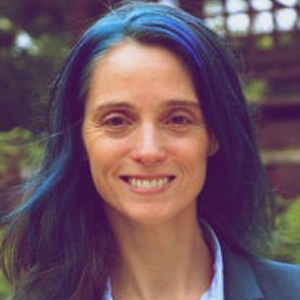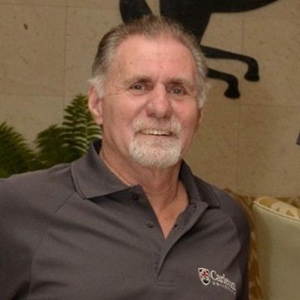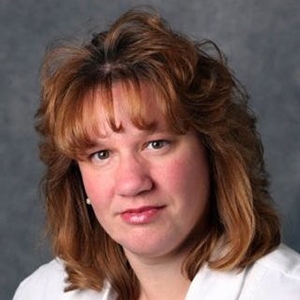The second phase of our applied research project began in November 2021 and will continue until October 2024. Once again, it is led by the Accessibility Institute at Carleton University. Our three-million-dollar funding comes from the Ministry of Colleges and Universities of the Government of Ontario.
DCOI 2.0
DCOI 2.0

The second phase of our applied research project began in November 2021 and will continue until October 2024. Once again, it is led by the Accessibility Institute at Carleton University. Our three-million-dollar funding comes from the Ministry of Colleges and Universities of the Government of Ontario.
Phase 2 overview
We’re developing a free and accessible knowledge platform that houses the key learnings, practices, tools and resources that emerged from DCOI 1.0. Known as the DCOI Field Guide, the online platform will be the primary source of information and guidance that colleges and universities can use to improve the capacity of their respective career, accessibility and student services offices to serve and support students with disabilities. Equipped with this capacity, these institutions will be able to increase the employability of students with disabilities and improve. The Field Guide will be available in Summer 2024.
DCOI Field Guide
The purpose of DCOI 2.0 is to test a portion of the Collective Impact Strategy that was developed in DCOI 1.0, focusing specifically on the career and employment supports across Ontario’s post-secondary institutions for students with disabilities. This test involves:
- Putting together a pilot group of post-secondary institutions so we can assess the viability of the identified practices from DCOI 1.0 (see below) that, when combined, contribute to narrowing the employment gap for students with disabilities;
- Developing what we are calling the DCOI Field Guide, an online platform for use by post-secondary service providers that will guide them through how to implement four practices within their specific institutions; and
- Collecting and consolidating further findings and knowledge to contribute to the implementation and future expansion of our work.
Four practices
The DCOI Field Guide details four practices for service providers at post-secondary institutions to adopt that, when combined, will help reduce the employment gap for students with disabilities:
By executing these practices, service providers will improve their capacity and ability to serve students with disabilities as they embark on their employment journeys.
Pilot project underway
We’re collaborating with a group of Ontario post-secondary institutions on a pilot project to test a portion of the Collective Impact Strategy developed in DCOI 1.0. To bring about this pilot project, we completed an application process and extensive Readiness Assessment. This process and assessment enabled us to identify three post-secondary institutions that were a good fit and most ready to participate in the pilot implementation.
Lakehead University, George Brown College and the University of Guelph are the pilot project collaborators. The original four DCOI partners (La Cité, Algonquin College, Carleton University and the University of Ottawa) will also engage in the pilot initiative to further advance their previous contributions to DCOI 1.0.

DCOI 2.0 Project team
The DCOI 2.0 team operates within the Accessibility Institute at Carleton University. Its members are:
Julie Caldwell

Tara Connolly

Satpreet Dhillon

Daniel Gomez

Bonney Hunt

Carlo Mandarino

Dean Mellway

Muhammad Andri Mulia

Mirvat Sanaallah

Greg Smith
DCOI 2.0 Advisory Council
We formed an advisory council made up of representatives of key provincial and national organizations. Advisory Council members help us share knowledge, findings and best practices from our second phase.
Trevor Buttrum

Jeannette Campbell

Janice Fennell

Lisa Kelly

Kelly McGahey

Elizabeth Mohler

Janet Westbury
Three executives from Carleton University’s Accessibility Institute are also members of the council:
Boris Vukovic

Julie Caldwell

Tara Connolly
Download our report
We wrote a comprehensive report about the second phase of our work from 2021 to 2024. The report sets out our activities, findings, recommendations and future plans.
Funder
Ontario’s Ministry of Colleges and Universities provided full funding for this project.


